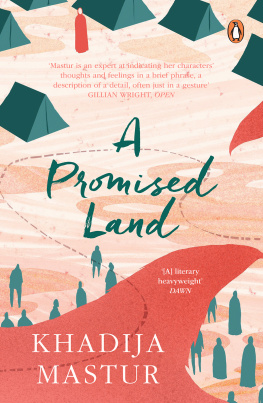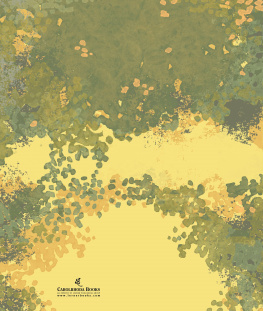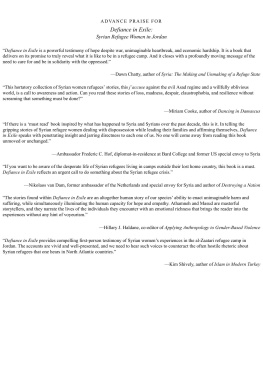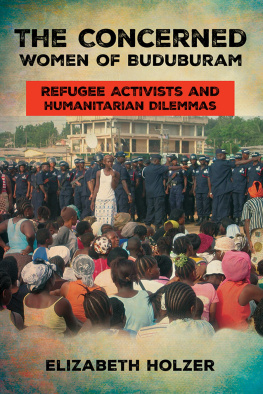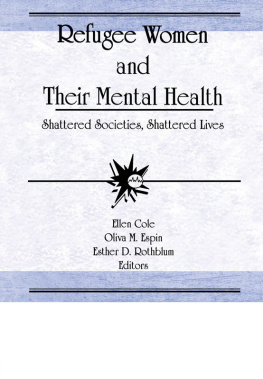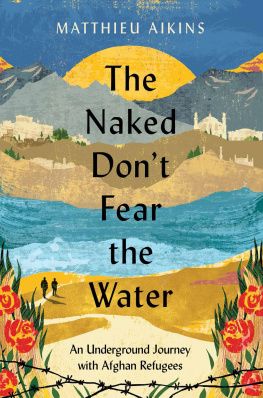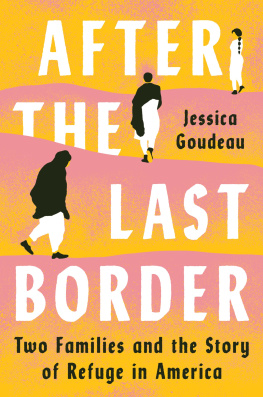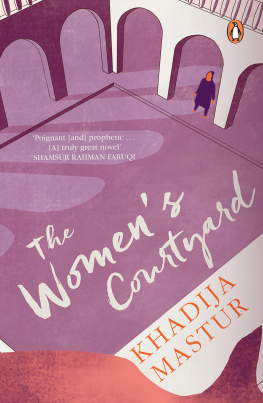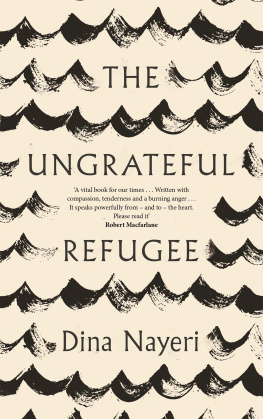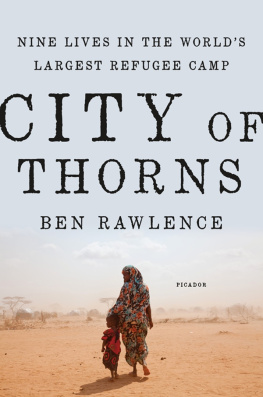Praise for The Womens Courtyard
One of the iconic modern Urdu novels. Basically about the Partitionand about how people observed it in the prospect, and what actually happened to themit is a highly symbolic narrative of fractured lives and peoples. Poignant, and in many ways somehow prophetic of the events that happened much later after Partition, it is a novel that deserves much greater notice than it has received so far. It is a good thing that Daisy Rockwell, a knowledgeable and committed translator from Urdu and Hindi, has chosen to bring this truly great noveland not just by a woman, but great by any standardsnovel before the wider world through her English translation.
SHAMSUR RAHMAN FARUQI
Beyond the astute, masterful exercise of a translators art, her sensitive choices in diction and idiom, Daisy Rockwells translations are rendered with a subtle brilliance that transports our master writers original framework of sensibilities with great delicacy into a new language. We are fortunate to have, in Rockwell, a meticulous, virtuoso translator working on our literature.
MUSHARRAF ALI FAROOQI
[The Womens Courtyard] is at its core an indictment of patriarchyone of the most moving and powerful in all our fiction... Mastur gives us a narrative on the epic scale, ranging across four generations, the life-arcs of dozens of charactersbirths, marriages, suicides, imprisonments, sexual assault, divorceand taking in Gandhis leadership of the national movement, the rise of the Muslim League, and the birth of Pakistan. The narrative is always gripping... Rockwells translation is superbly judged. Her English renders the spareness of Masturs Urdu, the efficiency of her physical descriptions, and the devastating concision with which she handles tragedy.
KESHAVA GUHA, THE HINDU
I picked up this 400-page novel and devoured it in two sittings. Powerful storylines fluently told in a deceptively simple and colloquial style, strong, outspoken characters and plenty of action kept the pages turning. Woe betide you if you skip a chapteryou will miss another key twist in the plot... Daisy Rockwell is experienced and highly accomplished and its no surprise that her [translation] is such a joy... Mastur is an expert at indicating her characters thoughts and feelings in a brief phrase, a description of a detail, often just in a gesture.
GILLIAN WRIGHT, OPEN
Khadija Masturs classic novel Aangan receives a superb and nuanced new translation that is likely to garner even more admirers for the book... Rockwells highly readable version makes me approach the novel with as much excitement as did reading it for the first time many years ago... Rockwells version makes me want to rush back to the original and this is her real success as a translator.
ASIF FARRUKHI, DAWN
An unrelentingly bleak portrayal of poverty, deprivation and the needless cruelties of time and circumstance. However, there is plenty here for those interested in a nuanced reading of patriarchy... Daisy Rockwells immaculate translation of Khadija Masturs Aangan is welcome not only for bringing the work to English readers, but also as a feminist tract that questions love, marriage and the need for happy endings.
RAKHSHANDA JALIL, INDIA TODAY
The novel is as much an indictment of a patriarchal system as it is a comment on the fragmenting of nations... The continually shifting equation of the friction and solidarity between the women layers the novel with complexitiesthere are no easy character evaluations, no sure stances on the choice between India and Pakistan, or between wanting a liberated lifestyle and a secure family. Aliya, the focal character... asserts her own will... The pitfalls of marriage, the obscuring of sexual violence within the family, the muting of sexual agency, and the uncertainty of political movements, all play out through [Aliyas] observations of the world. The personal rings with the political in every way... The story doesnt fail to captivate, feigning the smallness of a domestic portrait while quietly writing the saga of a family, its women and its nations.
POORNA SWAMI, MINT
Preface
A Promised Land was Khadija Masturs second novel, first published four years after her death in 1987. Though it was not technically a sequel to her first novel, The Womens Courtyard, it begins at the same time period that the first one left off (1947, after the Partition of India and Pakistan), and in the same placeLahore, at the Walton Camp, the refugee camp where Aliya, of The WomensCourtyard, was volunteering. This time, the protagonist, Sajidah, is a refugee living in the camp. She comes from more humble beginnings than Aliya (though Aliya was living in poverty before the Partition, hers had been an illustrious land-owning family), but otherwise the two share many similarities: each is smart, educated, independent in her thinking, but constrained by her gender and role in society. A Promised Land can thus be considered a sequel in terms of Masturs philosophical trajectory, if not in the strict sense of a continued narrative thread.
While The Womens Courtyard was an exploration of womens roles within the family space delineated by the inner courtyard, or aangan (which is the original Urdu title), Mastur focuses on a feminist critique of the patriarchal underpinnings of territorialism and feudalism in A Promised Land. The original title of the novel is Zameen, another common two-syllable word (like aangan) that contains multitudes. Zameen means land, earth, property, territory, and is the essential unit of ownership in a feudal societylandowners are called zamindars. Zameen also refers to the newly formed countryPakistana new homeland, a promised land, for Muslims. Zameen is that little bit of earth that Sajidah and her father lived on in Delhi before the Partition, and the tiny home they created with sheets and cots in the refugee camp.
A Promised Land is a much shorter book than TheWomens Courtyard, but it has a powerful philosophical sweep. Here, Mastur takes on the promises made and broken within the state of Pakistan after its creation and offers a scathing feminist critique of the neo-feudalism that takes hold of the society post-Partition. What does the thirst for ownership of land and counting ones acres mean for women in this new country? How can the promise of Pakistan as a place of safety for all Indian Muslims maintain that egalitarian ideal in the face of greed for territory? And what provisions are there for the safety and independence of women in a patriarchal system that views women as possessions less valuable than parcels of land?
Daisy Rockwell

